Expert judgment forms an important component in any project management process. It uses the expertise and professionalism of professionals in the fields to design models and policies appropriate for use. Based on professionals’ opinions, reliable specialized estimates are made when determining significant steps, processes, and directions, including risk management and measuring uncertainty. Solicitous elicitation of expert opinion aids in contributing to the development of an adequate knowledge base for the project increasing the competence on diverse aspects of implementation. From the aspect of implementation, through structured forms of work, the expert judgment makes decisions credible, which are based on specialized business knowledge, thus offering a valuable supplementary tool in terms of the accumulated expert knowledge.
Introduction to expert judgment in project management
In project management, EJ is defined as the decisions and information contributed by specialists in the field of the project’s implementation. Expertise and the expert opinion of these people are invaluable for decision-making, risk-taking, and estimation of uncertainty.
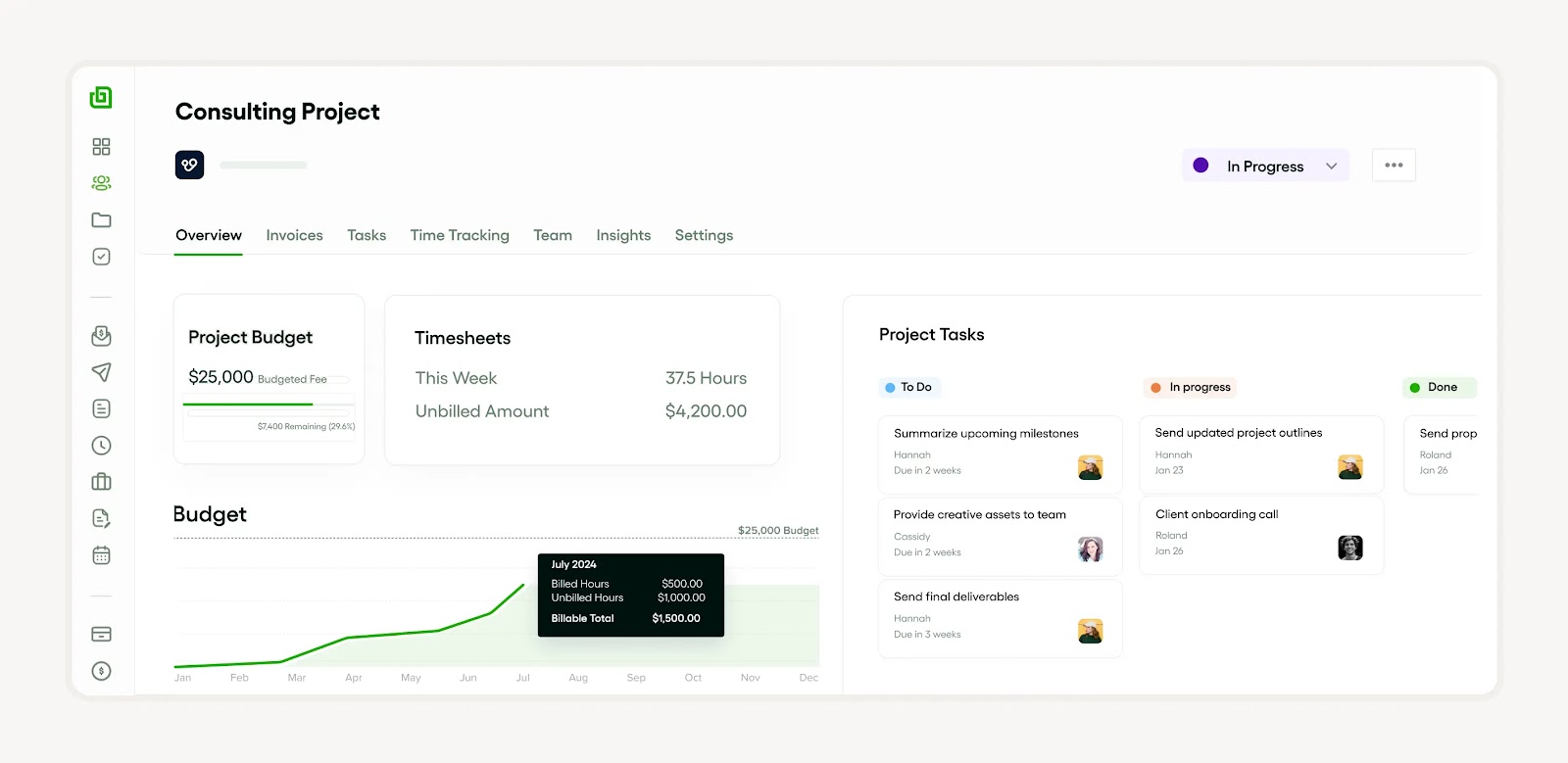
The current expert elicitation is carried out bearing in mind experts’ integrity, proficiency, and extensive pool of information. The evaluation of the project by experts means that the project manager knows all the existing and potential risks, which can affect the efficiency of the project and significantly improve the probability of success. The methods of eliciting expert opinions therefore prove to be a valuable means of managing some of the project situations where there is a lot of uncertainty and risk.
Definition of expert judgment
Expert Opinion is one of the decision-making techniques that uses the knowledge of people in particular fields. This kind of approach includes expertise solicitation, and expertise judgments as well as often the quantification of uncertainty. In certain cases especially when managing risks it is always important to get an expert opinion in order to make constructive decisions.
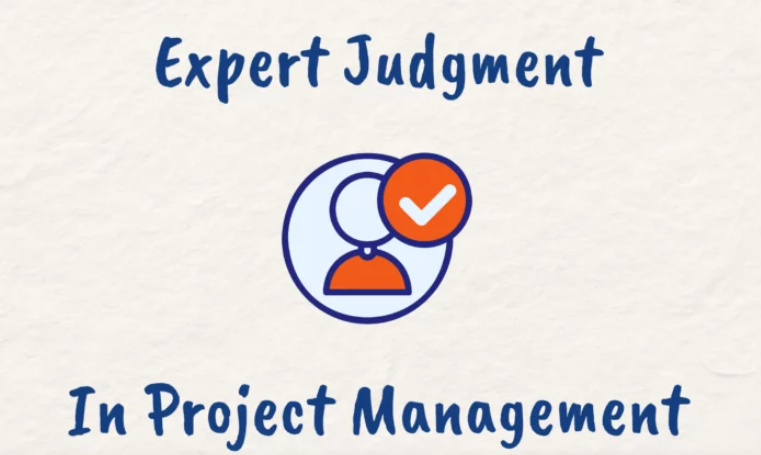
Mortgage specialists are selected on the basis of reliability, applicability and, vast knowledge in a particular area. Their skilled opinion is another structured method that contributes the best possible interpretation of issues that are too difficult to solve with data-oriented models, especially when the context is highly ambiguous or uncertain.
Importance of expert judgment in project management
In this aspect, it is worth stressing that expert judgment is indispensable to project management. To an extent, managerial decisions that are made on the basis of such criteria as the expert’s knowledge and skill, credibility, and competence, reduce risk and uncertainty when estimating and planning a project. Expected judgment is one of the most effective techniques of using expert opinion and one of them is expert elicitation, which focuses on carefully designed means of getting the experts to provide their estimates concerning some characteristics of the project. The information compiled from industry specialists gives both feasibility and risk assessment for the project that forms the basis of the decision-making process and finally gets augmented by the successful completion of a project. Whether the problem lies in the technicalities of the project or whether the problem is related to some contingency as far as the budget or the schedules, an expert’s input or advice goes a long way.
Role of expert judgment in project management
Within the area of project management decisions, and risk assessment and management, expert judgment is critical. These are decisions made through consulting these industries since they hire qualified people who bring worthwhile information and knowledge into the business. This process also known as expert elicitation, integrates organized strategies for capturing, as well as quantitatively examining, the expert’s opinions. This technique is becoming more critical in quantifying the uncertainties. Professionals and specialists, because of their ability to influence, provide a number of valuable inputs to a particular project. Through assessing and criticizing the project specifications, they avail professional input that is central to risk assessment and probable ways of handling it. Hence, it enhances the level of one’s decision-making processes as well as reduces project risks while guaranteeing that integrating the experts into the project management processes leads to improved accuracy and efficiency.
Decision making
Expert decision-making can be defined as a process of decision-making that is dependent on information, expertise, and knowledge. Such elements make decisions more informed so that risk management issues can be dealt with more efficiently.

Here are a few things to remember:
- Competent and credible practical judgments that give a picture of the situation make the degree of uncertainty measurable.
- Expert elicitation can be viewed as a way to capture industry experts’ knowledge, thus leveraging structured techniques to improve decision-making.
Risk assessment
Risk assessment is an important sphere where it is crucial to have a large amount of knowledge to gain credibility and make efficient decisions. It is here that the role of opinion-makers comes in handy. Opinions of a superior kind are usually in place by persons with extensive knowledge, and they act as a foundation to quantify uncertainty, an important component of quality decisions.
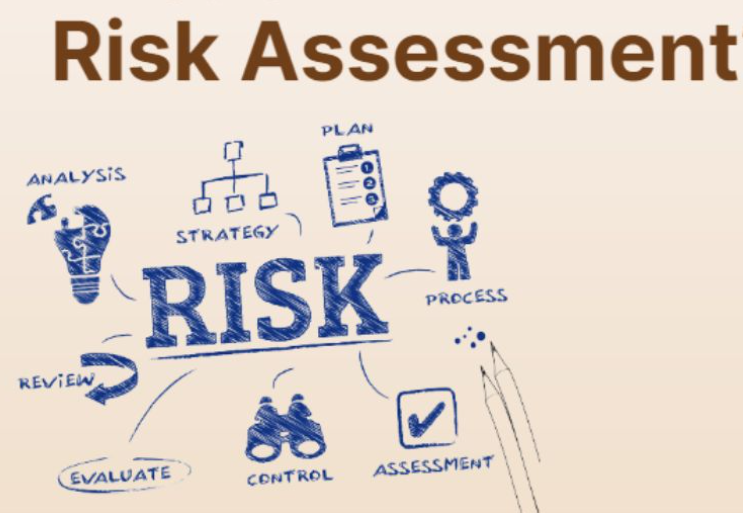
Special knowledge of certain fields is required as well as the ability to comprehend and apply the gained knowledge. Collective and codified practices, based on expert recommendations, are the keystone of efficient risk handling. Industry experts in reputable businesses usually provide their knowledge about risks and threats through, the technique known as expert elicitation.
Project planning
In our planning phase of the project, opinions from the experts and the process of eliciting and formalizing experts’ opinions are critical. Community knowledge is employed to educate ourselves and the teams about the decision-making processes.
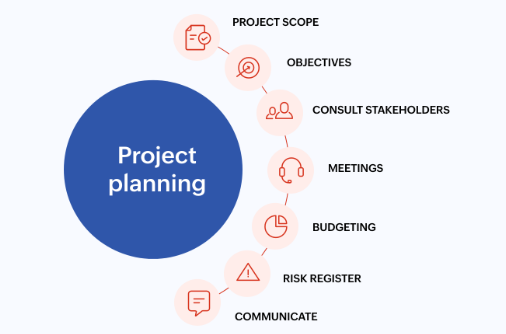
Another point in our planning is risk assessment as major uncertainty concerning the planning is estimated using structured analytical techniques.
Key elements in our planning process are: Key elements in our planning process are:
- Skilled opinion: celebrate, respect, and incorporate the information received from the competent team.
- Knowledge base: achieving a timely and detailed encoding of the fabric of projects and their integration into society’s context.
- Credibility: to make sure that all the choices they make are informed by credible and authoritative sources.
Thus, we are confident that careful and detailed planning to provide a firm foundation for attaining the success of the project.
Quality control
In guaranteeing the quality of products, and services, then the opinion of an expert, or knowledge of specialists is paramount. It is applied to issues of decision-making and risk management to ensure the quality of the produced output.

Expert appraisals are usually conducted by people in the industry and experts in the field, thereby enhancing the firm’s knowledge at the same time. Due to their skills, the organization is in a better position to make better decisions, and also manage on quantification of uncertainty better. Methods of carrying out structured quality control rely on their credibility and competence. Hence, expert elicitation is a generic approach to enhance the parameters of superiority in an organization.
How to apply expert judgment in project management
When it comes to anticipating and quantifying uncertainty in project management, expert judgment involves requesting opinions or outputs from any particular person or team that has the latest and most particular knowledge regarding the project in concern. Structured methods that are used to acquire skilled opinion include expert elicitation that results in expert assessments. This process highly facilitates and improves decision-making and risk management processes. This means that expertise in an industry is not enough when selecting the appropriate industry experts, but rather they should be competent in uncertainty quantification as well as credible. Building on this, there is a need for a strong knowledge acquisition framework that would enable the project team to arrive at sound decisions without or with fewer likely doubts or confusion.
Identifying the right experts
Risk management in this case becomes central since decision making is majorly informed by the selection of appropriate experts. Subject-matter expertise in a variety of fields and the ability to acquire target knowledge make an expert’s involvement and increase the credibility of the assessments produced. The actual work of the expert and the structured approach to the decision-making process contribute to the competence of the chosen decision. The appropriate specialist will have knowledge based on which it is possible to perform quantification of uncertainty and with a skilled opinion which is beneficial in intricate conditions. It hardly needs emphasized that an expert opinion can play a very significant role in presenting the necessary emphasis on vital business strategies.
Facilitating effective communication
Management also acknowledges communication as a critical factor in decision-making and equally in risk management. The sectors’ reliance on the professional insight and recommendations of experts is one way that aids this process. Formal modes of passing information provide details and clear information hence increasing the believability of the data passed.
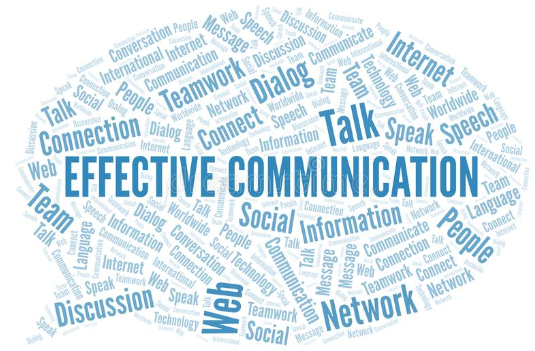
Seeking skilled opinions with the help of a knowledge base can go a very long way toward estimating uncertainty. Also, expert elicitation and expert assessment serve as useful information in the decision-making process. Improved interaction therefore leads to the general improvement of the knowledge base in a particular team.
Integrating expert judgment with project management tools
Incorporation of experts into the risk management and decision-making process is important in project management and where there is significant uncertainty treatment is required. This amalgamation relies on the competence, specialized knowledge, and expertise to make the appropriate decisions. It offers a sound base of knowledge and adds to the general project authenticity and success are guaranteed. Coordinated opine resources like specialist estimation and specialist assessment based on structured approaches are used for capturing skilled opinion. These techniques help in acquiring the subtlety of view and applying professional judgment in dealing with complexity, thus contributing to the achievement of projects.
Expert judgment in different project management methodologies
A key element of most of the project management approaches is the use of expert judgment. Its use is evident in the improvement of risk management where expert opinion is incorporated in the quantification of uncertainties. Decision makers who are more knowledgeable in the particular area are procured to provide their opinion which aids in arriving at the best decisions. They incorporate the procedure of expert elicitation and expert assessments, where industry experts put forward their skilled opinion. The above-structured activities contribute to the credibility and competence of the study and enlarge the knowledge base of the project team. Therefore, the use of expert judgment is one of the most important activities in project management.
Expert judgment in agile project management
Expert Judgment is one of the main sources of data that defines decision-making in Agile Project Management. It entails the use of certain knowledge and skills derived from the experience of experts or a reliable source of information to make appropriate decisions. This process helps to decrease the possibilities of uncertainty quantification and increase the efficacy of risk management methods.
Expert judgments offer numerous advantages such as Expert judgments offer numerous advantages such as:
- A function that entails a proper evaluation and assessment of issues through a proper and sound understanding of various elements by experts.
- Gained credibility and efficiency in numerous decision-making processes due to my skilled opinions.
- Improving uncertainty assessment and risk assessment and control by expert opinion.
Expert judgment in Waterfall project management
Probability assessment: Another difference of the waterfall model to mention is that probability assessment is delivered by the consultant’s expert judgment. The opinion of experts means that data should be collected from professionals who have rich experience and a special focus on the mentioned fields. They help in quantification of uncertainty, decision making, and also increasing the reliability of the projects. They present an opinion because they are skilled, and this leads to the success of the project if the risk indicators are noted. It can be further noted that expert elicitation applies structured methods, which underlines the competence required in waterfall project management.
Expert judgment in PRINCE2 project management
Compared to other methodologies, the concept of expert judgment is well-defined and is used both for making decisions and for risk assessment in the framework of PRINCE2 project management. It depends on the specialist's opinion, which may be based on a knowledge database of special information to make a decision. It is an expert opinion that dominates all the key measures and actions of the project as well as decisions made. Professional judgment and professional judgment ratings make up this strategy, which enhances the credibility and professionalism of the project decisions. This structured method provides a lot of help in the quantification of uncertainties and, consequently, in controlling the risks of a project.
Notably, this method of operation relies greatly on industry experts the knowledge of which is the cornerstone of every project decision in order to realize positive project results.
Expert judgment and project management software
It is also evident from the study that the consultant’s experience and project management software are important in improving the decision-making, expertise, and risk management activities of a project. It basically acts as a framework that helps the leaders to make effective decisions with credible data and competence relying on the professionals’ opinions in the industry. The mentioned software creates a knowledge base for various aspects of the project and incorporates the assessment of the experts and uncertainty about it. It is thus possible to tap specialty knowledge and skilled opinions from so many sources. Together, these make expert elicitation more accurate and efficient and therefore enhance project management for the leaders and teams.
Expert judgment in microsoft project
The use of expert judgment is one of the critical activities in Microsoft Project particularly when addressing issues to do with decision making and risks. Specialists, who possess vast knowledge and specialized skills on the subject, give an opinion on the identification and management of projects. This skilled opinion helps in the quantification of the uncertainties so that the decision-making capacities are improved. Acquisition of information from experts is a valuable input in any given project since it adds credibility and competency. There is a general incorporation of the management team where systematic approaches of structured methods are being employed, which relies on expert opinion of the matter. Listening and speaking skills prove to be an essential part of the planning, implementation, and assessment phase of a project and thereby form an integral part of the MS Project.
Expert judgment in JIRA
In regard to the expert judgment in JIRA, it may be understood as the application of the opinion and expertise acquired in risk management and issue solving. It efficiently employs knowledge acquired by specialists in the form of a knowledge base that includes various procedures like expert elicitation and assessments. Competence, credibility, and expertise are also considered vital parameters in this type of strategy. The application of this method aids in the quantification of uncertainties, which in return, aids in making the best decisions while at the same time increasing the productivity of the project. The expert judgment of such methods is, in turn, validated with the use of structurally employed methods to ensure efficiency and reliability.
Expert judgment in Asana
Expert judgment is integrated into Asana to enhance decision-making and risk management in the project management tasks. This uses combinations of formal approaches and judgments from experts from the industry, which forms a major part of Asana’s database and reliability. The tool thus conveniently offers a means to store and share specialized knowledge that helps different teams with their decisions.
Furthermore, it has the following impressive qualities; complex consultant opinions estimates and risk assessment that help to increase the competence of the results in Asana. Here, the expert opinion essentially has a stable foundation from which one can enhance the Asana business by polishing the existing workflows.
- Expert judgment is used in Asana decision-making and risk management hence making Asana more credible.
- The probability judgment of Asana and quantitative risk estimation is based on experts’ opinions and enhances the project results.
- As for the case with Asana, expert judgment assists in improving and reducing the overall number of the construction of the paradigmatic work in parallel to improve the conclusion.
Challenges in applying expert judgment in project management
It should also be noted that utilizing the expert judgment variable in project management has its problems. Evident among them is credibility and competence, which presupposes the accuracy of the opinion of the expert as well as the compatibility of the opinion with the project criteria. Besides, adopting structured procedures for integrating this skilled opinion could also create more issues, especially when it comes to applying those separate elite perspectives to make appropriate and rational decisions. A third challenge is risk management and uncertainty quantification where the meaning and application of expert elicitation of risk minimization in projects are comprehended. Moreover, sometimes it is impossible to include all the relevant knowledge base or guarantee that an estimated value involves the position of multiple significant professionals.
Dealing with Bias
In the present study, it was revealed that bias in expert elicitation needed to be dealt with for proper risk management and decision-making purposes. However, one of the essential elements in such steps is the dependency on structured methods as a way of tapping into the knowledge base of specialists in the industry. This reduces quantification of uncertainty, enhances credibility, and makes competency in the results to be achieved. Issues like the opinion of an expert, the opinion of a skilled person, and knowledge in some specific field also bring elements of bias along with it. Therefore, those elements must be managed neutrally in order to draw appropriate conclusions. Experts’ estimates are always inflated by various biases that affect the practical applicability of their assessments. Thus, it is imperative to reduce their impact in some way, using the expertise without overloading the judgments with soft values.
Managing disagreements among experts
Sustaining Expert Relations is profoundly imperative to maintain credibility, risk, and competence throughout the organization. It is usually a process that involves the participation of a number of elements which include pointers, opinions from specialists, proficiency, and elevated level of knowledge. Ordering frameworks are normally used to support the decision-making processes, encourage rational decisions, and support disputes. These include the accumulation of separate professional opinions or assessments, based on the storing corporate data and experience, as well as applying the professional opinion of a third party. It also can help with quantifying this uncertainty, which is useful in eliciting experts’ opinions.
Ensuring the relevance of expertise
The suitability of expertise has a direct task in influencing decision-making. It can be concluded that expert assessments can to a great extent enhance the accumulation of the knowledge-supporting structures for an informed decision, especially in the context of risk management. A word from professional people embarks credibility and aptitude that enlarges specialized know-how and adds value to the assessment of risks and uncertainties. In the case of the assessment and utilization of expert opinions, the structure is utilized. It is thus right that the use of industry experts should be put into practice consistently in the working of such a system. A technique such as expert elicitation, therefore, yields a fertile technique with which to transfer and apply knowledge in the field.
Conclusion: Maximizing the benefits of expert judgment in project management
In project management, the usage of expert judgment can a great deal improve the decisions, risks, and uncertainties that are associated with them. Some of these include the use of the form of knowledge DA systems that have specialized industry knowledge coupled with well-defined elicitation procedures that enable one to make proper decisions. However, there are certain considerations to keep in mind like acquiring the expertise of the expert consulted from a reputable organization with adequate training, striking a chord between opinionated knowledge of professionals, etc. Also, mastery of craftsmen and real-life facts and figures of the project should be conducted.







